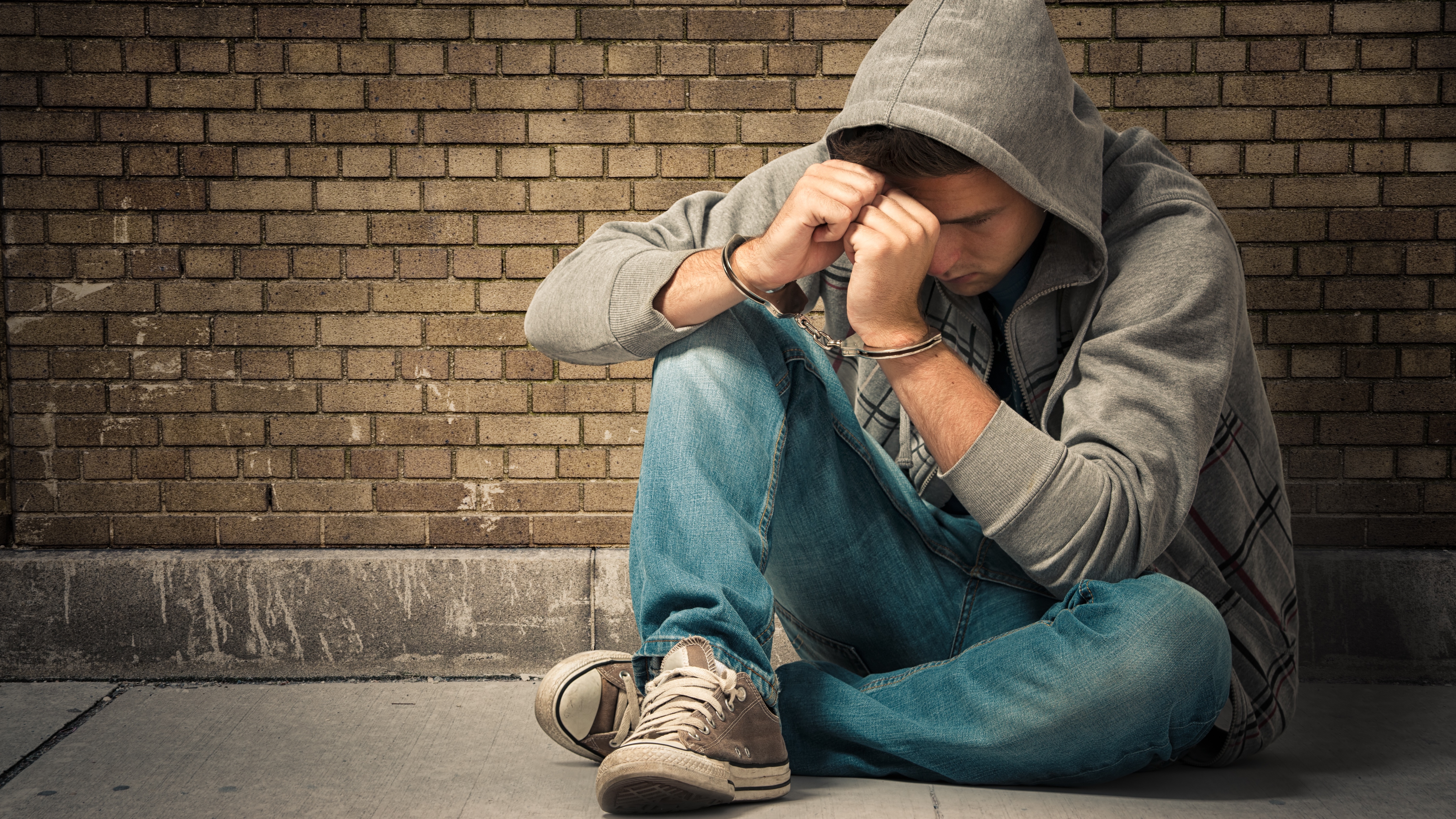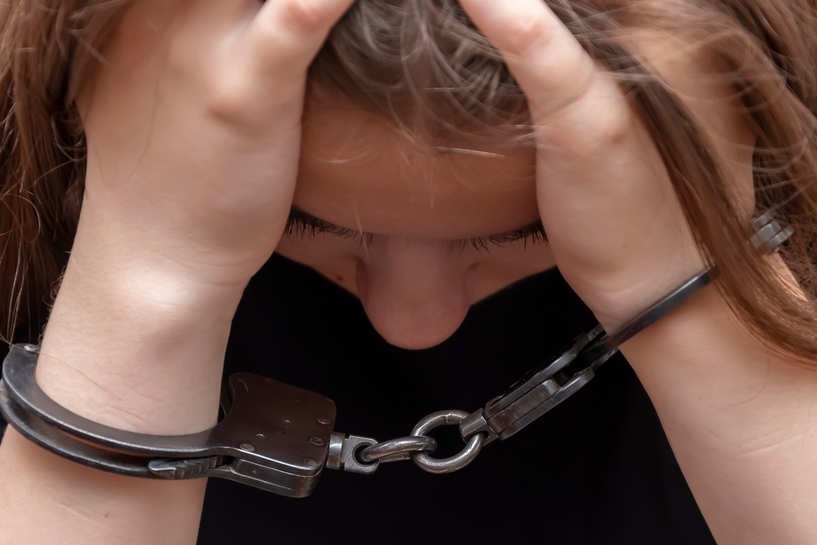
Juvenile Criminal Defense Lawyer in Haddonfield, NJ Protecting The Futures Of Those Charged With Juvenile Crimes in Camden County, Burlington County, Gloucester County, and Throughout South Jersey
Everyone makes mistakes, but as we all know, young people are particularly vulnerable to the concept of testing rules. Being young and in trouble with the law can be a very scary experience. At The Law Office of Jill R. Cohen, I have decades of experience working in the criminal justice system in Camden County and the state of New Jersey. I understand the impact that juvenile charges can have on an entire family. Parents are worried about their child, who's scared of going to jail. I am committed to helping ease these fears by structuring a strong defense. By aggressively protecting your child in juvenile court, I strive to find a solution to the case that protects their future and that of your family.
Secure Your Future With Experienced and Dedicated Defense; Schedule a Free Consultation With Me, New Jersey Criminal Defense Attorney Jill Cohen, to Fight For Your Rights and Seek The Justice You Deserve.
Common Juvenile Crimes In The State Of New Jersey
Juveniles are known for consistently committing certain crimes more often than others. The most common crimes associated with those under the age of 18 include:
- Disorderly persons offenses: traffic violations, curfew violations, disturbing the peace, loitering, car joyriding
- School offenses: campus crimes, truancy, defaming school property
- Assault and threat crimes: threatening with a weapon, harassment, stalking, verbal threats, terroristic threats, physical assault, simple assault, bullying, cyberbullying, cybercrime
- Drug crimes: drug possession, drug use, drug distribution, DUID
- DWI and Alcohol-Related Crimes: underage drinking, DWI, DUI
- Sexual offenses: sexual assault, sexual harassment
- Theft and property crimes: shoplifting, burglary, theft, vandalism, breaking and entering, trespassing, graffiti
- Weapons Charges: possession, threatening violence with a weapon
Usually, juveniles have a better chance to turn things around and face much less severe punishments should they receive a conviction in court. However, depending on the situation, the penalties associated with New Jersey juvenile crimes can be extremely serious – including real jail time. Sometimes, juvenile behavior can be cause for the Division of Child Protection and Permanency (DCPP) to get involved and begin an investigation of the parent or parents.
Rehabilitation and Penalties For Juveniles in New Jersey

When a juvenile is convicted of a crime, the possible penalties tend to be more focused on an effort to rehabilitate. Juvenile court sees detainment as a last resort and instead looks for ways to rehabilitate and educate instead. While people are young, they have a much better chance of being able to grow out of bad behaviors and poor attitudes. The American justice system believes in trying to move a young criminal toward a better path whenever and wherever possible.
When penalties for convicted juveniles include incarceration, there are several different possibilities to serve time, including:
- Confinement at home: the juvenile is required to remain at home unless going to a job or school or other important situations such as funeral or a doctor’s appointment.
- Appointment of a new guardian: the juvenile is moved to a new home with a relative or new guardian.
- Confinement in a juvenile hall: these are temporary juvenile jails and holding facilities for those awaiting placement to a facility or program or awaiting pre-trial rulings.
- Community homes: special homes that allow more freedom and group housing with other juveniles that also offer group therapy and other rehabilitation programs can be an option.
- Secured juvenile facilities: while similar to community homes when it comes to offerings for therapy and group programs, these facilities have more security and less privileges.
- Jail: this can be either juvenile jail or adult jail depending on the crimes committed and the juvenile’s age.
When rehabilitation remains the focus, juveniles have access to therapy and counseling services. They can access services for substance abuse and chemical dependency rehab. Often, juveniles can find themselves facing community service requirements or required to attend education programs designed to empower self-discovery and rehabilitation. Depending on the crime, juveniles may also face fines and probation periods.
- ★★★★★
"I did not expect my case to go so well but Jill found a way to really help me, I’m very grateful I chose her as my attorney and definitely would again in the future if needed."
Paige M. - ★★★★★
"I cannot say enough good things about Jill and her staff... During one of the most trying times for me, not only did she support me, but she and her staff truly listened to me and, most importantly, had my best interest at heart. I will refer Jill to anyone that needs a hands-down professional, caring lawyer to get them through a difficult time."
Elizabeth S. - ★★★★★
"She is very nice she works with you step-by-step, and she keeps you very informed about your case. She has great service, excellent workmanship, and she put her all into getting you the best results. Thanks a lot Jill R. Cohen."
Keshia D. View All Client Reviews
In New Jersey When Does A Minor Get Tried As An Adult?
In the sate of New Jersey, a minor child can be charged with as an adult at the age of 15 for certain crimes and in certain circumstances. A minor can be tried as an adult for crimes, including the following charges:
- Certain drug charges and culpability for drug-induced death
- Robbery in the first degree and carjacking
- Sexual assault charges
- Criminal homicide
The court will consider several factors before sending a juvenile case to adult criminal court, including the minor’s age, previous criminal record and the severity of the crime. When a minor is tried as an adult they face the same possible penalties and potential jail time as an adult. There are nearly 300 young individuals that are currently incarcerated in New Jersey prisons.
I Offer Free Case Evaluations to Consult With You About The Charges You Are Facing. Call Me at 856-830-6433 or Reach Out Through My Online Form to Schedule Your Consultation Today.
Call Today To Schedule A Free Consultation
No matter what types of charges your child may be facing, a conviction can have serious consequences on their future by affecting future job opportunities or acceptance into educational institutions. I am here to help you, your child and your family every step of the way in a juvenile crime case. I offer a free initial consultation so we can discuss the details of your case, and I will answer any questions that you might have. We will discuss the initial steps to building a defense in your case. To schedule a free intake appointment, contact my office through the online form or call me at my office in Haddonfield at 856-754-5501.








